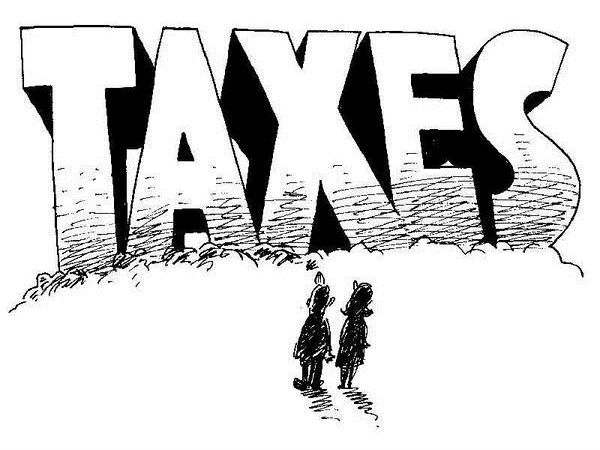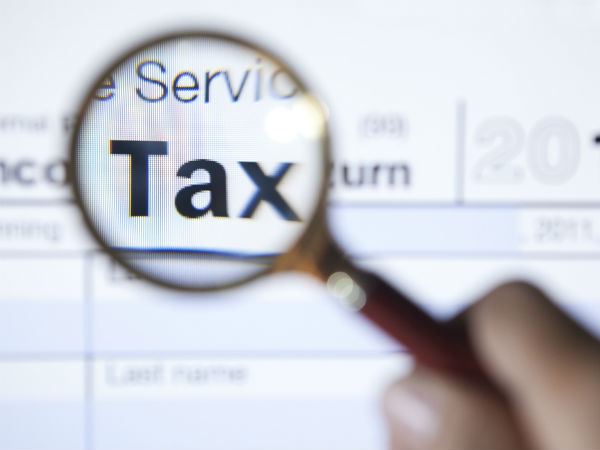ITR Filing- Who Should File ITR Mandatorily and Who are Exempted?
The government requires people to file income tax returns (ITRs) in order to obtain information about their income and to determine whether or not tax on that income was correctly paid. Individual taxpayers whose accounts are not required to be audited have until July 31, 2022, to file their ITR for FY 2021-22 (AY 2022-23). Any assessee other than a corporate or non-corporate assessee whose accounting records must be audited, a partner of a firm whose accounts must be audited or the spouse of such partner, if the provisions of section 5A apply, or an assessee who must furnish a report under section 92E, must file an income tax return by the due date specified by the Income Tax Department.

Who is required to file ITR?
According to tax regulations, if a person's gross annual income exceeds Rs. 250,000 under the new tax regime in a fiscal year, he or she must file a tax return. Gross annual income is made up of earnings from a variety of sources, such as salaries, real estate, capital gains, and so on. If paid more than Rs 1 lakh in electricity bills in a single bill or on an aggregate basis during the financial year If cash deposits and If withdrawals from a bank account exceed Rs. 10 lakh in a financial year and Rs. 50 lakh in a current account, the IT return must be specified. You must still file an income tax return if your total TDS/TCS is 25,000 as a general public and 50,000 as a senior citizen. You must file an ITR if you earn Rs. 10 lakh or more per year, or if your income exceeds Rs. 50 lakh from business or profession. Any purchase or sale of real estate for 30 lakh or more, as well as any investments in stocks, mutual funds, debt instruments, bonds, or payments on credit card debts exceeding 10 lakh, must be reported on Form 26AS.

Who is exempted from filing ITR?
Senior citizens 75 years of age and older will no longer be required to file ITRs beginning in fiscal year 2021-22 if they meet certain requirements outlined in the Income Tax Act of 1961. You are exempt from filing an ITR if you are a resident of India and were 75 or older the previous year, that is, in FY 2021-2022. You must also have interest income from the same specified bank where you receive your pension, and you must provide the specified bank with a declaration, which returns in your exemption from filing ITR.

Obtaining a refund of income taxes
If the taxes deducted/deposited during the fiscal year exceed the actual tax liability, individuals must file an ITR in order to claim an income tax refund. This is required even if your gross total income is less than the basic exemption limit, depending on the income tax regime you choose.
An individual is required to file an ITR informing the tax department of the increased taxes deposited against his/her PAN. The income tax department compares the information on the ITR to the information they have on file. If the information is correct, an income tax refund is issued.

What if you fail to submit your ITR on time?
To avoid the last-minute rush, it is best to file the returns as soon as possible before the deadline. If you do not file your ITR by the deadline, you must file a belated ITR and pay a penalty. Even if the ITR filing date is July 31, returns may still be submitted until December 31 of the assessment year 2023. As a result, the late return deadline is on or before the end of the applicable assessment year. According to the guidelines, a belated return for 2021-22 may be filed until December 31, 2022, or three months before the AY2023 ends on March 31, 2023.
You must, however, pay a penalty for filing your ITR late. If you submit your ITR after the deadline of July 31, 2022, but before December 31, 2022, you will face a Rs.5,000 penalty. Nonetheless, the penalty for filing a late ITR will be only Rs.1,000 for taxpayers with a total income of less than Rs.5 lakh. Furthermore, if a taxpayer fails to submit the belated return for fiscal year 2021-22, the tax department may issue a notice of investigation (AY 2022-23).
































